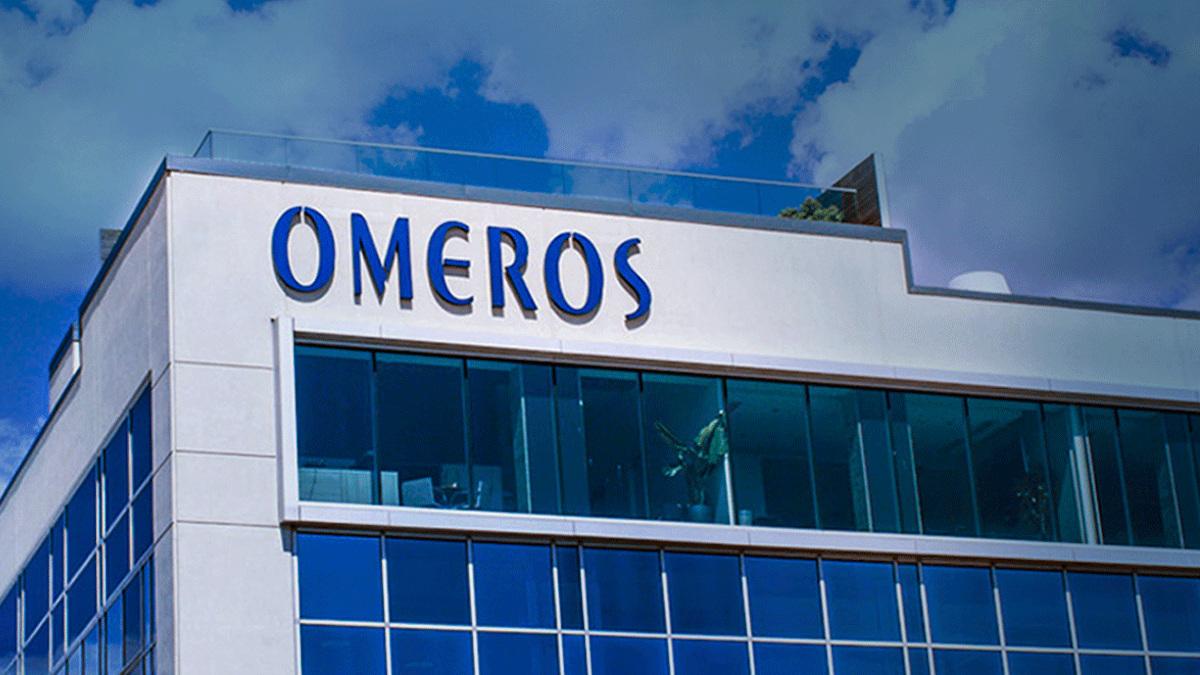FDA starts review of Roche's PNH drug crovalimab

Roche could be just months away from FDA approval of its anti-complement C5 antibody crovalimab, after the US regulator started a review of its marketing application as a treatment for rare disorder paroxysmal nocturnal haemoglobinuria (PNH).
If approved, crovalimab would be the first PNH drug that could be given by subcutaneous injection once a month outside a supervised healthcare setting, setting up a challenge to AstraZeneca's market leader Soliris (eculizumab), which requires an intravenous infusion and clinic visit every two weeks.
Crovalimab has already been filed for approval in Europe, China ,and Japan, and the group says applications to other regulatory authorities around the world are ongoing.
The FDA's decision will hinge on data from the COMMODORE 2 study, which showed that crovalimab was as effective as Soliris (eculizumab) in controlling the destruction of red blood cells (haemolysis) that characterises PNH and reducing the need for blood transfusions.
A supporting study called COMMODORE 1 also revealed that crovalimab was effective in people with PNH switching from Soliris and other approved C5 inhibitors to crovalimab.
Roche's chief medical officer, Levi Garraway, said that crovalimab has been "engineered to be recycled in the bloodstream, with the goal of offering a sustained response while reducing treatment burden" for the approximately 20,000 people worldwide with PNH.
Crovalimab will try to muscle into a market dominated by AZ's Soliris and follow-up C5 drug Ultomiris (ravulizumab), which only needs to be given by infusion every eight weeks. Soliris and Ultomiris made sales of $3.8 billion and $2 billion respectively last year from PNH, as well as other approved indications like atypical haemolytic uraemic syndrome (aHUS) and generalised myasthenia gravis (gMG).
Other competitors have entered the increasingly crowded looking PNH market, however, including Apellis Pharma/Sobi's complement C3 inhibitor Empaveli/Aspaveli (pegcetacoplan), which was approved in 2021 as an option for patients who need to switch from a C5-based therapy, but remains a niche product.
Novartis, meanwhile, has recorded phase 3 wins for iptacopan, a targeted factor B inhibitor that can be dosed orally twice a day and, according to some analysts, is destined to lead the market with sales of $3.6 billion if approved. The drug bested both Soliris and Ultomiris in a trial involving patients still experiencing residual anaemia despite treatment with the anti-C5 antibodies.
However, AstraZeneca isn't standing still and is developing oral factor D inhibitors, headed by danicopan, which are intended for use as an add-on to Ultomiris therapy for patients who don't respond well enough to the antibody alone.
Roche is also running trials of crovalimab for other diseases, including aHUS, sickle cell disease, and lupus nephritis.













